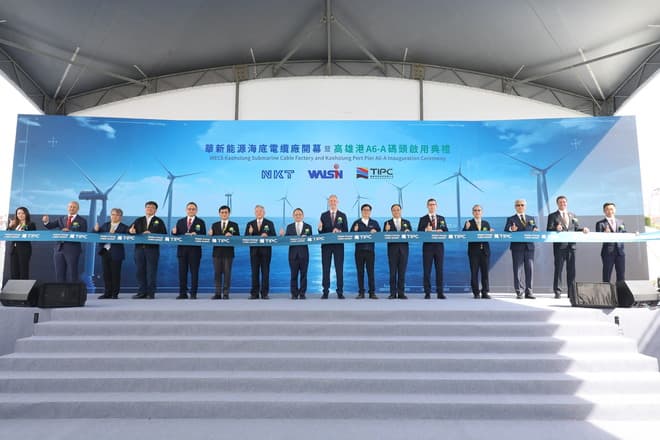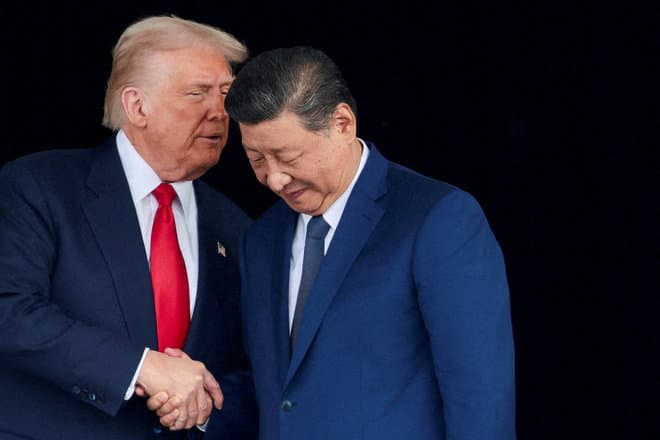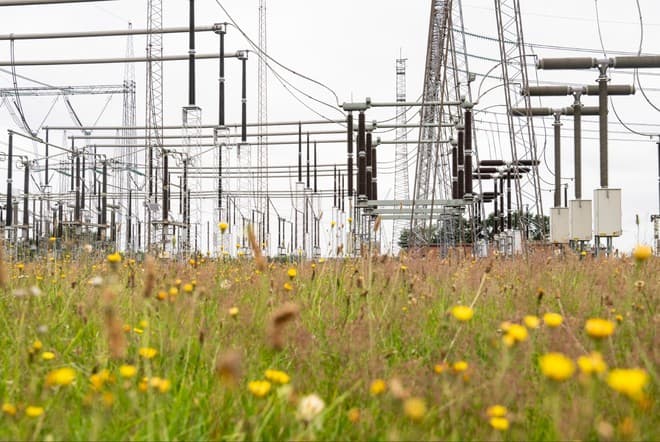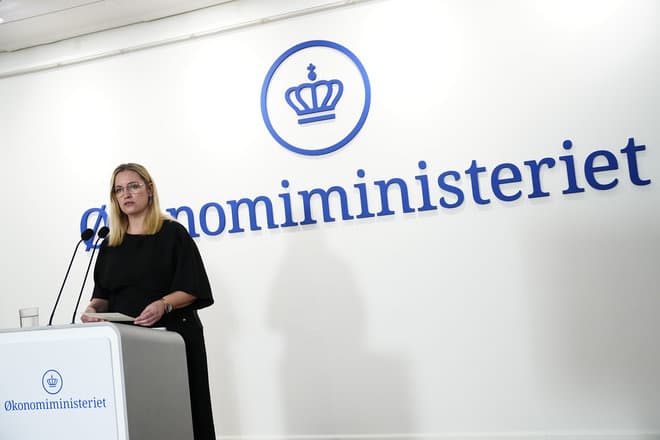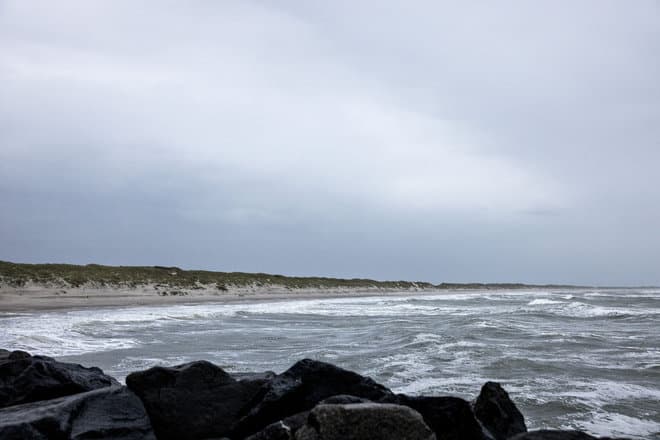Although a political agreement from 2022 has set out a significant reduction in the electricity tax, which this year should have been 63.9 øre, Danish electricity customers are still hit by Europe's highest electricity tax, which this year, despite the agreement, will end up being 72 øre. The reason for the lack of reduction is an old agreement from 2009. Since 2016, that agreement has meant that energy taxes have been regulated "on the basis of the annual average of the net price index in the year two years prior to the calendar year in which the rate is to apply." The inflation regulation has meant that since 2018, the state's energy taxes - including the electricity tax - have been raised year by year to ensure that revenues do not lose steam due to inflation. This is reported by JP.dk.
"The regulation according to the net price index means in this case that the electricity tax will only fall by 5.1 øre per kWh, even though an expected fall of 14.1 øre per kWh including VAT was planned," writes the East Jutland energy group NRGi on its website. According to NRGi, this means that a typical Danish household in 2025 will miss out on a saving of 400 kr. annually, while electricity customers collectively have to wave goodbye to a saving of 1.1 billion. kr.
The inflation adjustment was introduced as part of the tax reform Spring Package 2.0 in 2009 to ensure that the state's revenue from energy taxes was not eroded over time. The ongoing adjustment has increased the taxes year by year since 2018 and means that in 2025 the state expects to collect 8.7 billion kr. from the electricity tax. However, the situation is different for Danish production companies. They get away with the EU's minimum rate of 0.4 øre per kWh.
amp
Text, graphics, images, sound, and other content on this website are protected under copyright law. DK Medier reserves all rights to the content, including the right to exploit the content for the purpose of text and data mining, cf. Section 11b of the Copyright Act and Article 4 of the DSM Directive.
Customers with IP agreements/major customer agreements may only share Danish Offshore Industry articles internally for the purpose of handling specific cases. Sharing in connection with specific cases refers to journaling, archiving, or similar uses.
Customers with a personal subscription/login may not share Danish Offshore Industry articles with individuals who do not themselves have a personal subscription to Danish Offshore Industry.
Any deviation from the above requires written consent from DK Medier.

